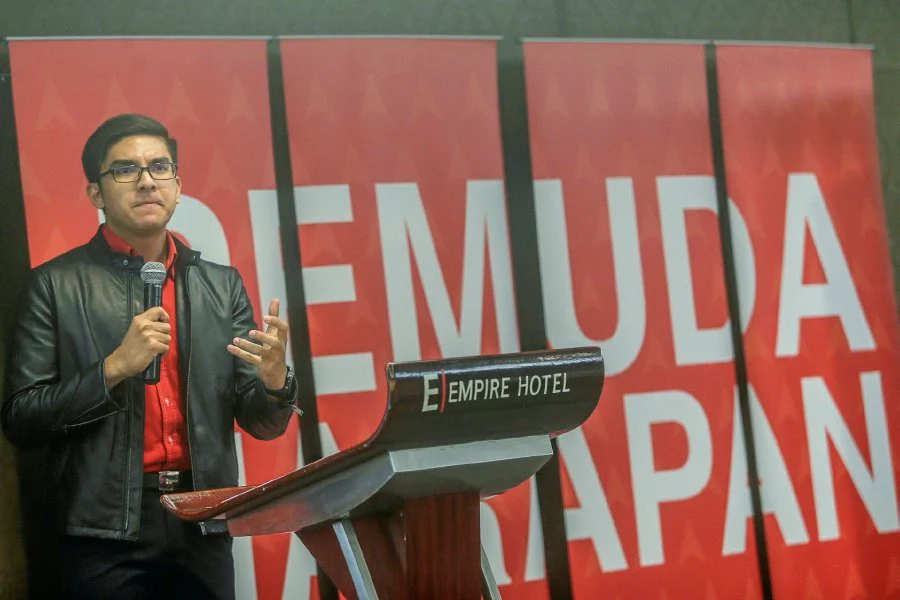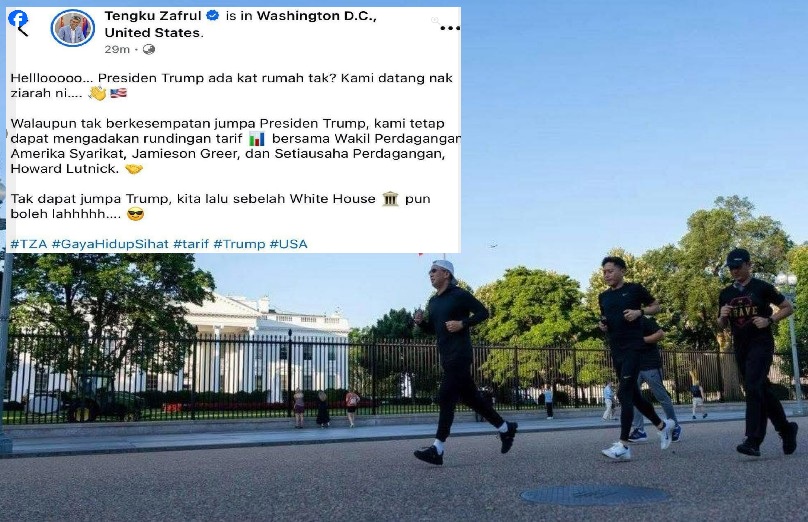Editor’s note: In Part 2, Stephen Ng explains why the young have a long way to go before they embark on senior leadership in governance and why it is important to learn from senior political leaders. Here is his Part 1.
Some observations
In modern days, we see the elites and the grassroots in almost every political party. Some politicians from the educated class fail miserably when it comes to their relationship with the grassroots.
It is not easy to have people who are both educated ‘elites’ yet altruistic and down to earth like Tun Dr Tan Chee Khoon. Operating a clinic in Jinjang, Dr Tan from Pekemas was known to be very close to the grassroots.
In my recent scrutiny of DAP, I see this in the likes of politicians such as Ng Sze Han, Tony Pua and his gang who have lost touch with the grassroots. As a result, both Pua and Selangor state assemblywoman Jamaliah Jamaluddin lost in the state DAP election.
The grassroots are in the likes of Ronnie Liu and Charles Santiago. Both have very strong grassroots support, compared to Pua and Sze Han. When politicians become too elated with their own popularity (syok sendiri), they have a tendency to forget about the rakyat.
The conflict in DAP exists because of the tussle between the so-called ‘puffed up elite’ leaders and the ‘down-to-earth grassroots’ leaders. It appears to me that the senior leaders in DAP are unable to keep both sides working together.
The tendency that I see now is that DAP will gradually become another elite group like UMNO Baru after its 1987 split between Team A and B, if DAP continues on its slippery slope by removing those who belong to the older generation.
It is these older leaders who have been comrades with DAP founder, the late Chan Man Hin (former Seremban MP) who understand altruism more than Pua or Sze Han.
Even DAP supremo Lim Kit Siang admitted that Pua lost the Selangor DAP election because he had lost touch with the grassroots.
Quoting Terence Gomez Edmund, Barry Wain in his book, “Malaysian Maverick: Mahathir Mohamad in Turbulent Times” wrote about UMNO after 1987:
“Elected party posts became passports to wealth and status for which candidates and their supporting networks were prepared to pay on a scale according to potential returns. Businessmen who once shunned politics sought key posts in the UMNO hierarchy.
“By 1995, the teachers and farmers who once dominated UMNO rank had long given way to civil servants, technocrats and opportunists; almost 20% of UMNO’s 165 divisional chairmen were millionaire businessmen-cum-politicians.”
The relationship between money politics and UMNO party elections was first confirmed by scholars such as Terence Gomez Edmund, Jomo Kwame Sundaram and Khoo Boo Teik in 1993. The rest is history. We have an Umno Baru that has forgotten its original struggles.
The biggest challenge
The challenge is for the leaders of political parties to keep Team A and Team B – the elites and the grassroots – to work together.
The easy way out is to kick out those who oppose the current leadership, leading to the tyranny of the majority, to the point that political parties like UMNO Baru has become what it is today – beyond redemption.
Unless of course, if fresh faces are introduced, but one must ask how much can the young ones do in a party that is entrenched in a culture that is corrupt? In the case of DAP, the new faces appear to share the same values as the ‘elitists’.
The experience of the Song Dynasty is, therefore, something to learn from. History has many other examples, where the young ones lacking in wisdom and experience continue to make a mess of the society they are supposed to lead.

The disaster of Rehobam was that he “ignored the advice of the elders which they had given him, and consulted with the young men who had grown up with him and served him.”
Unlike Kepong MP, Lim Lip Eng, these younger leaders and the ‘elites’ would not be able to understand the sufferings of the ordinary people on the street. Their tendency is to neglect the grassroots, the B40 and the marginalised. They would not even look at the drains to see how smelly these drains are.
After a year plus of dealing with Maszlee Malik when he was Minister of Education, such is the danger when an inexperienced young man or woman is picked as Prime Minister in this nation. How much experience did Maszlee have running a corporation, what more an archaic ministry like the Ministry of Education.
For that reason, I feel it is wiser to have a more experienced man like Datuk Seri Anwar Ibrahim as Prime Minister. He can then mentor and groom young potential leaders like Rafizi Ramli, Nurul Izzah Anwar and Syed Saddiq Abdul Rahman.
Patience is the acid test of quality leadership. If they can continue under the tutelage of Anwar himself, they will benefit from his wide range of experience and his insights in running the country. All three have the potential to become good prime ministers, but they must be patient.
And, if these young people want to lead Malaysia to the next level, they will have to keep themselves free from corruption. Or else, they will end up like Datuk Seri Najib Razak in jail.
Most of the quotes are from Zhang, Qizhi. An Introduction to the Chinese History and Culture. New York, NY: Springer Heidelberg, 2015. – Oct 17, 2022
Stephen Ng
Kuala Lumpur
The views expressed are solely of the author and do not necessarily reflect those of Focus Malaysia.
Main photo credit: NST









